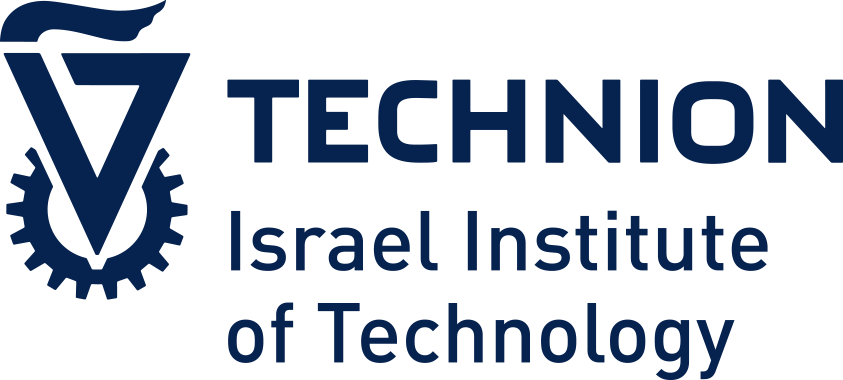About this course
This course is designed for Bachelor students in their final year and for students enrolled in Graduate Degree programs.
Watch the one-minute course overview: https://youtu.be/kA1lzgvi8AY
This course introduces students to the concept, principles, and applications of Process Intensification (PI) — one of the most transformative paradigms in modern chemical and process engineering.
PI aims to make chemical processes more efficient, sustainable, compact, and agile by combining or rethinking traditional unit operations and energy flows. It challenges engineers to design systems that achieve “more with less” — less energy, fewer materials, smaller equipment, and lower environmental impact.
Students will explore PI across multiple domains: • Spatial Domain: Shape-selective catalysis, microstructured reactors. • Functional Domain: Membrane reactors, reactive distillation, and multifunctional catalysts. • Temporal Domain: Oscillatory, reverse-flow, and simulated moving bed reactors. • Thermal Domain: Alternative energy inputs such as solar, microwave, and ultrasound-assisted processes.
By the end of the course, participants will not only understand how intensified systems work but also how they can redefine the boundaries of sustainable process design — from laboratory innovation to industrial implementation.
SEMESTER START DATE: March 25, 2026
Contact Hours Bi-Weekly: 2 (Practical Tutorial) Practical Tutorial: Biweekly (every other week) tutorial meetings (2 hours long each) will be held via Zoom. You will practice and work on the computational assignments during these times.
Day & Time: TBD
Lectures: The lectures are recorded. Students will be able to watch and follow the recordings at their own time and pace.
TA: Rimon Dawidowicz - rimond@campus.technion.ac.il
Learning outcomes
By completing this course, students will:
- Understand the scientific principles and engineering rationale behind Process Intensification.
- Learn how to identify inefficiencies in traditional processes and propose intensified alternatives.
- Gain familiarity with innovative reactor and separation designs, including microreactors, membrane systems, and hybrid operations.
- Connect PI to global challenges — particularly energy transition, CO₂ utilization, and sustainable manufacturing.
- Develop analytical and computational skills through exercises and case studies using real process data.
- Enhance presentation and communication abilities through project-based learning and collaborative analysis.
By the end of this course, students will be able to:
- Explain and apply the four domains of PI: spatial, functional, temporal, and thermal.
- Design and critically assess intensified unit operations.
- Analyze the synergy effects in hybrid systems where multiple functions are combined.
- Evaluate intensified processes using dimensionless models and process simulation tools.
- Present and defend a process intensification case study based on current literature or industrial examples.
- Relate PI concepts to sustainability metrics: energy efficiency, carbon footprint, and process safety.
Skills Developed • Technical: Reactor design, mass transfer analysis, and process modeling. • Analytical: Literature critique and system optimization. • Professional: Presentation, teamwork, and cross-disciplinary communication. • Global: Sustainable innovation mindset aligned with EuroTeQ and UN SDG goals.
Examination
The lectures are recorded. Students will be able to watch and follow the recordings at their own time and pace.
Biweekly (every other week) tutorial meetings (2 hours long each) will be held via Zoom. You will practice and work on the computational assignments during these times.
The final grade will be determined based on:
-
Asynchronous lectures will be accompanied by short quizzes. The timely submission will be credited. (30 %)
-
Work presented at the end of the semester. The students will have ca. 20 minutes to present their work. The grade will be given based on the level of depth and breadth of the chosen paper, and the ability to analyze it from the perspective of Process Intensification. (40 %)
-
3 computer exercises. The exercises will be completed in class and submitted in pairs during the semester. (30 %)
Books: • The Fundamentals of Process Intensification, A. Stankiewicz, T. Van Gerven, G. Stefanidis, John Wiley & Sons Inc., Germany, 2019 • Selected research papers and case studies provided via Moodle (membrane reactors, reactive distillation, CO₂ utilization, etc.).
Course requirements
Introduction to Reactor Design
Resources
Activities
Biweekly Tutorial (duration: 2 hours)- practice & work on the computational assignments
Additional information
- More infoCourse page on website of Technion - Israel Institute of Technology
- Contact a coordinator
- About studying within the Euroteq alliancehttps://euroteq.eurotech-universities.eu/initiatives/building-a-european-campus/course-catalogue/
- LevelMaster
- Contact hours per week2
- InstructorsDr. Michael Shoham Patrascu
- Mode of deliveryOnline - time-independent
